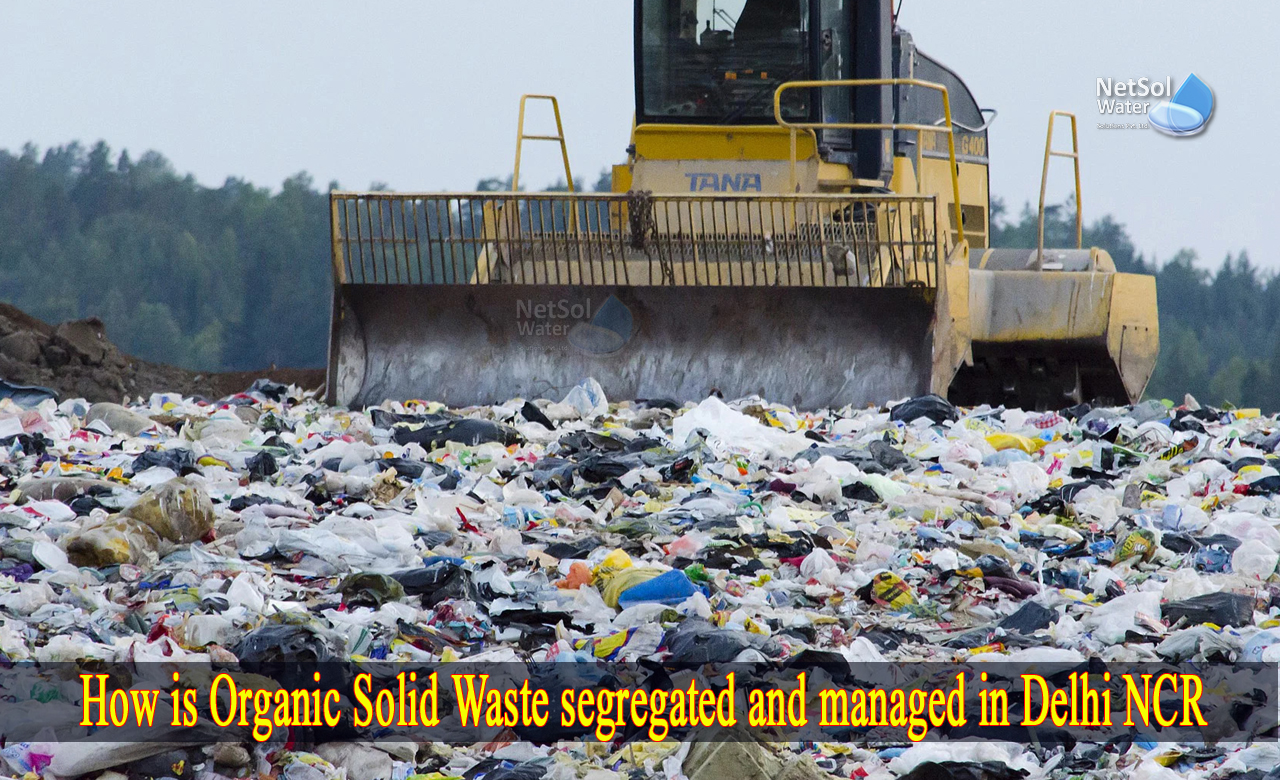Introduction
Municipal Corporation of Delhi (MCD) intended to build 9 decentralized waste management plants in 2019, in order to manage and process massive amounts of waste. India currently has a serious issue with its growing population. Around 50% of the total waste created at any site is produced in India on average as an organic waste. It amounts to around 4,810 tonnes per day in the case of Delhi NCR as Delhi produces about 10,000 metric tonnes of waste per day. The experts predict that this figure will quadruple over the next few years to reach 18,000 tonnes per day.
There is an urgent need to monitor waste management practices in the Delhi NCR region and put in place an effective organic waste management system.
How is India preparing for an effective waste management service?
The Swatch Bharat Abhiyaan’s "blue-green pledge campaign" for separating household waste into two bins was announced by Ministry of Housing and Urban Affairs on June 5, 2017. Reuse-Reduce-Recycle has been a popular idea for a while, but it hasn't had much of an impact on the locals. In accordance with Section-5 of the bye-laws, MCD began door-to-door collection and transportation of segregated waste to benefit the community.
Before disposing of the waste in the ground, MCD also makes sure that it has been in-situ treated. Additionally, the dustbins are colour coded to distinguish between biodegradable and non-biodegradable waste so that personnel’s would know how to separate at the time of disposal.
How is Organic Solid Waste segregated and managed in Delhi NCR?
In India, there are numerous cities that experience the worst municipal waste management. The "S.O.R.T" (Segregation of Organic Waste for Recycling and Treatment) project was started by the Indian Pollution Control Association with the goal of reducing waste through segregation and composting. Delhi/NCR-based “Swarna Lata Motherson” Trust provided support for this.
Is there any role of tree plantation in SWM?
The importance of tree plantations in India must be widely publicised and understood by the populace. Officials from the IPCA are also educating the public about waste management strategies and the importance of planting trees in their communities.
Managing organic solid waste
A variety of wastes are created, including toxic, hazardous, biodegradable, electronic and municipal solid waste. There is a need to use our waste by recycling, reusing, and reducing it in order to protect the environment. Organic waste should not be a source of pollution because of its burning or putting into landfills, thus, endangering the environment even more.
Conclusion
The NGT is always giving civic entities a deadline to take the necessary steps to restructure waste management practices, train waste collectors and impose penalties. If we believe that getting rid of waste is a simple chore, we need to reconsider. The cost of disposing of one tonne of waste is estimated based on the typical landfill cost, which also includes pollution abatement expenditures and the value of recyclables.
Netsol Water is Greater Noida-based leading water & wastewater treatment plant manufacturer. We are industry's most demanding company based on client review and work quality. We are known as best commercial RO plant manufacturers, industrial RO plant manufacturer, sewage treatment plant manufacturer, Water Softener Plant Manufacturers and effluent treatment plant manufacturers. Apart from this 24x7 customer support is our USP. Call on +91-9650608473, or write us at enquiry@netsolwater.com for any support, inquiry or product-purchase related query.



